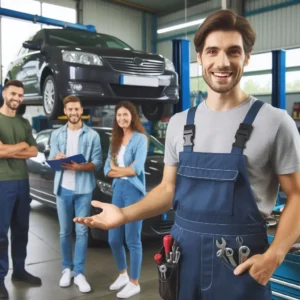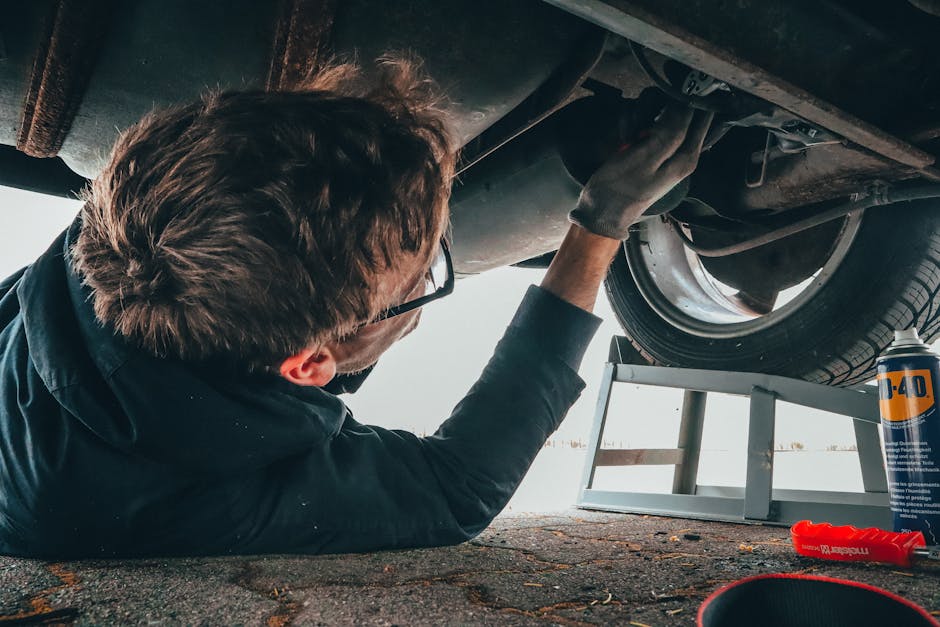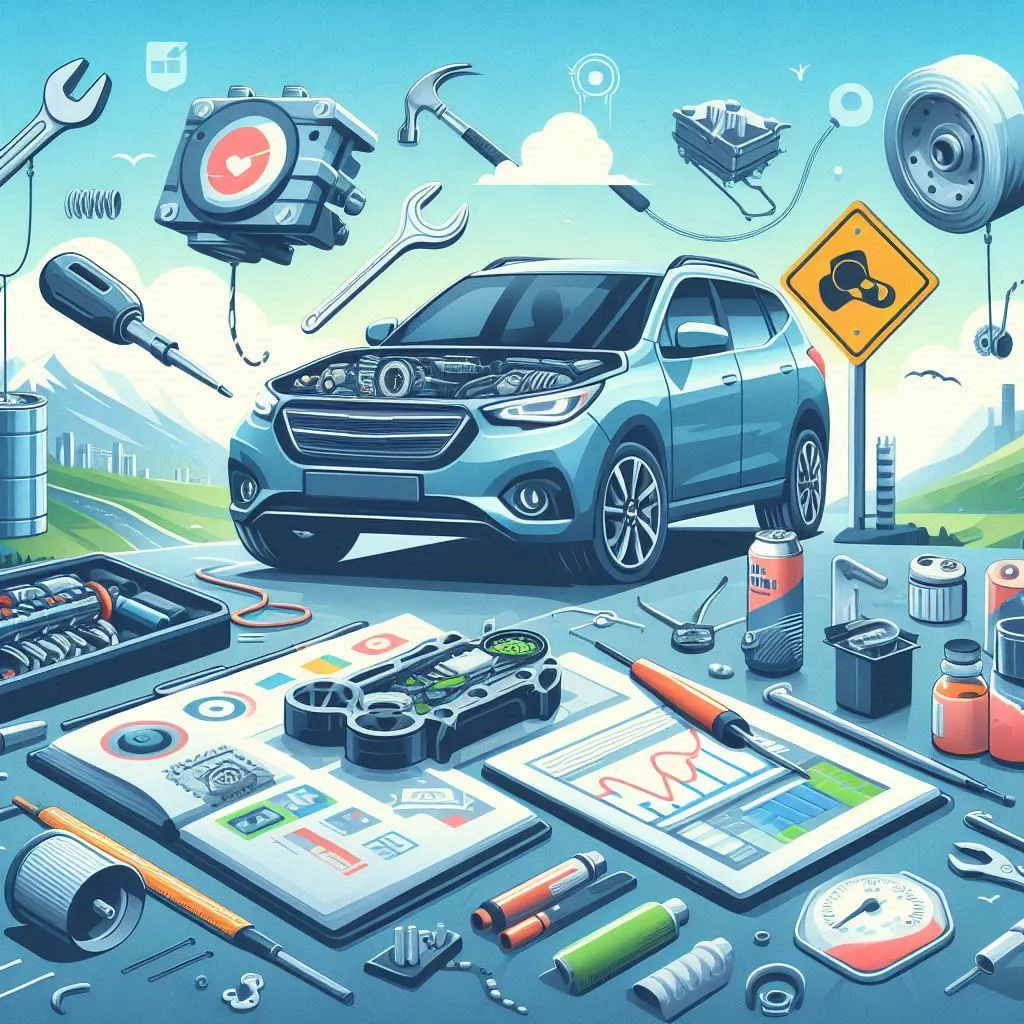What Are the Most Important Car Maintenance Tips?
Owning a car comes with its share of responsibilities, and one of the most important is ensuring it remains in good condition. Regular maintenance not only extends the life of your vehicle but also helps you avoid costly repairs down the line. In this comprehensive guide, we will delve into essential car maintenance tips that every car owner should know. From routine checks to understanding warning signs, these tips will keep your car running smoothly and save you money in the long run.
Understanding the Importance of Regular Maintenance
According to the American Automobile Association (AAA), the average cost of owning and operating a new car in 2021 was approximately $9,666 per year. This includes fuel, insurance, maintenance, and repairs. By implementing regular maintenance, you can significantly reduce unexpected repair costs and keep your car running efficiently.
Extending Vehicle Lifespan
Regular maintenance is crucial for extending the lifespan of your vehicle. Simple tasks such as changing the oil, rotating the tires, and checking the brakes can prevent major issues that could require expensive repairs. For example, failing to change the oil regularly can lead to engine damage, which is one of the most costly repairs a car owner can face.
Improving Fuel Efficiency
Proper maintenance also improves fuel efficiency. A well-maintained car uses fuel more efficiently, saving you money at the pump. According to the U.S. Department of Energy, fixing a serious maintenance problem, such as a faulty oxygen sensor, can improve your gas mileage by as much as 40 percent.
Essential Car Maintenance Tips
1. Regular Oil Changes
Oil is the lifeblood of your car’s engine. It lubricates the moving parts, reduces friction, and helps to keep the engine cool. Over time, oil breaks down and becomes less effective, which is why regular oil changes are essential. Most manufacturers recommend changing the oil every 3,000 to 5,000 miles, but it’s best to consult your owner’s manual for specific guidelines.
2. Check Tire Pressure and Tread
Keeping your tires properly inflated is key to safety and fuel efficiency. Under-inflation can lead to poor handling, lower gas mileage, and faster tire wear. Regularly check tire pressure—ideally once a month and before long drives—using a pressure gauge. Additionally, examine the tread for wear patterns, as uneven tread could signal alignment issues that require attention.
3. Inspect and Replace Brake Pads
Your car’s braking system is critical for safety, so it’s important to check the brake pads frequently. If you hear squeaking or grinding sounds when braking, it’s likely time to replace the pads. Neglecting worn brake pads can lead to more expensive damage to the brake rotors and calipers, so it’s better to address issues early.

4. Change the Air Filter
The air filter blocks debris and dust from entering your engine, ensuring it runs smoothly. A dirty or clogged air filter can hinder engine performance and reduce fuel efficiency. It’s advisable to inspect the air filter every 12,000 miles and replace it when needed to keep your engine performing at its best.
5. Monitor Fluid Levels
Beyond engine oil, your vehicle depends on several other fluids for smooth operation, including transmission fluid, brake fluid, coolant, and power steering fluid. Regularly monitor these fluid levels and top them off when necessary. Running low on any of these fluids can cause overheating, performance issues, and potential damage to your car’s systems.
6. Rotate and Balance Tires
Tire rotation and balancing are essential for even wear and a longer tire lifespan. It’s generally recommended to rotate your tires every 6,000 to 8,000 miles. Balancing your tires minimizes vibrations and improves handling, enhancing safety and extending tire life, ultimately saving you money.
7. Check the Battery
Your car’s battery is very important for starting the engine and powering the electrical components of a car. Regularly check the battery terminals for corrosion, ensuring they are clean and securely connected. If your battery is over three years old, have it tested to confirm it’s still holding a charge. A weak or dead battery can lead to unexpected breakdowns, requiring costly towing and repairs.
8. Inspect Belts and Hoses
Belts and hoses are vital for your car’s operation, but they can wear out over time. Regularly inspect them for signs of cracking or wear, and replace them as needed. A broken belt or hose can cause significant damage to the engine and other components, leading to expensive repairs if not addressed promptly.
Recognizing Warning Signs
Understanding warning signs can help you address potential issues before they become major problems. Here are a few warning signs to watch out for to avoid problems:
1. Check Engine Light
The check engine light is an early warning system that indicates something is wrong with your car. It can be triggered by a variety of issues, ranging from a loose gas cap to a serious engine problem. If the check engine light comes on, it’s important to have your car inspected by a professional to diagnose and address the issue.
2. Unusual Noises
Unusual noises, such as squealing, grinding, or knocking, can indicate problems with various components of your car. For example, a squealing noise when you start the engine could be a sign of a worn alternator belt. Addressing unusual noises promptly can prevent further damage and costly repairs.
3. Fluid Leaks
Fluid leaks are a clear sign that something is wrong with your car. Common fluid leaks include oil, coolant, transmission fluid, and brake fluid. If you notice puddles or stains under your car, it’s important to identify the source of the leak and have it repaired as soon as possible.
4. Vibrations or Shaking
Vibrations or shaking while driving can indicate issues with the tires, suspension, or alignment. It can also be a sign of worn-out brake pads or rotors. Addressing these issues promptly can improve your car’s handling and prevent further damage to the vehicle’s components.
Conclusion
Regular car maintenance is essential for preventing costly repairs and ensuring your vehicle’s longevity. By following these essential car maintenance tips, you can keep your car running smoothly and save money in the long run. Remember to consult your owner’s manual for specific maintenance guidelines and schedule regular inspections with a trusted mechanic. Taking proactive steps to maintain your car will not only enhance its performance but also provide peace of mind on the road.




Greetings, I ddo thinmk your blog maay be having intermet browser compatibility issues.
Wheen I take a lolk aat yyour website iin Safari, it lookss fine however, if opening inn Internet Explorer, it
haas somme overlapping issues. I simply wanted to provide you with a quhick hheads up!
Besides that, fantastic blog!